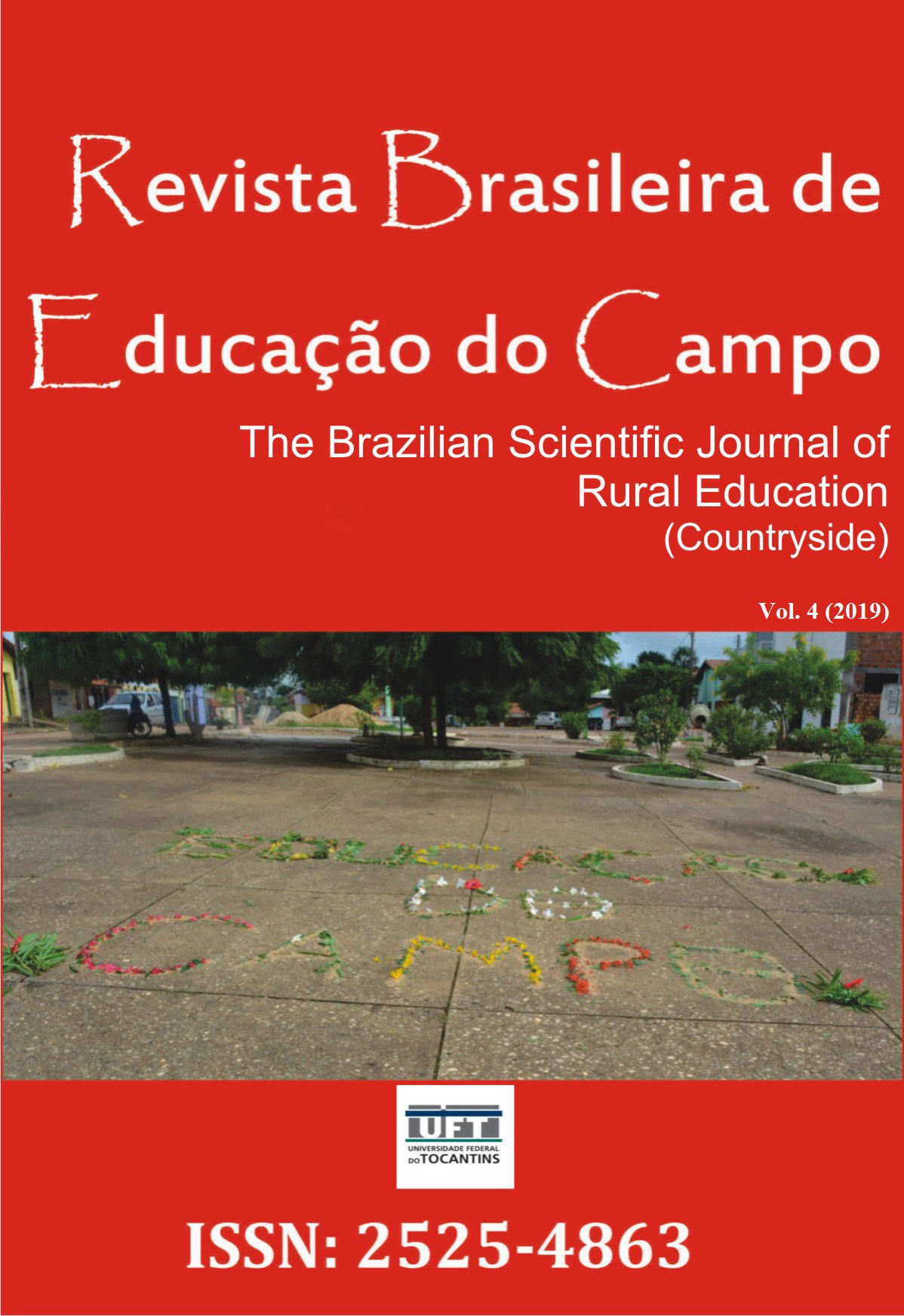Special Education in the countryside: an analysis of profile and working conditions of teachers in the Piemonte Diamantina - Bahia
DOI :
https://doi.org/10.20873/uft.rbec.e5944Résumé
ABSTRACT. The objective of this article was to describe the profile and the working conditions of the Special Education teachers who work in the rural schools of the municipalities of the Piedmont region of Diamantina, state of Bahia. A questionnaire with closed questions was applied to 11 teachers who work with Special Education in rural schools in the municipalities of the Piedmont region of Diamantina. It was possible to observe that, in general, the profile of the teachers is: women, mostly self-declared browns, most between 36 and 50 years of age; are married or live with partner; has mostly 2 children; with salary between 1 and 5 thousand reais and are satisfied with the remuneration; work in two schools at most; are Licensed in Pedagogy and Specialization, mostly attended by private institutions; most of them have more than 11 years of time in education but less than 5 years of work in Special Education; are mostly insolvent; most affiliated to the union of the category and consider their performance satisfactory; are generally satisfied with the teaching career.
Téléchargements
Téléchargements
Publié-e
Comment citer
Numéro
Rubrique
Licence
Proposal for Copyright Notice Creative Commons
1. Policy Proposal to Open Access Journals
Authors who publish with this journal agree to the following terms:
A. Authors retain copyright and grant the journal right of first publication with the work simultaneously licensed under the Creative Commons Attribution License that allows sharing the work with recognition of its initial publication in this journal.
B. Authors are able to take on additional contracts separately, non-exclusive distribution of the version of the paper published in this journal (ex .: publish in institutional repository or as a book), with an acknowledgment of its initial publication in this journal.
C. Authors are permitted and encouraged to post their work online (eg .: in institutional repositories or on their website) at any point before or during the editorial process, as it can lead to productive exchanges, as well as increase the impact and the citation of published work (See the Effect of Open Access).














